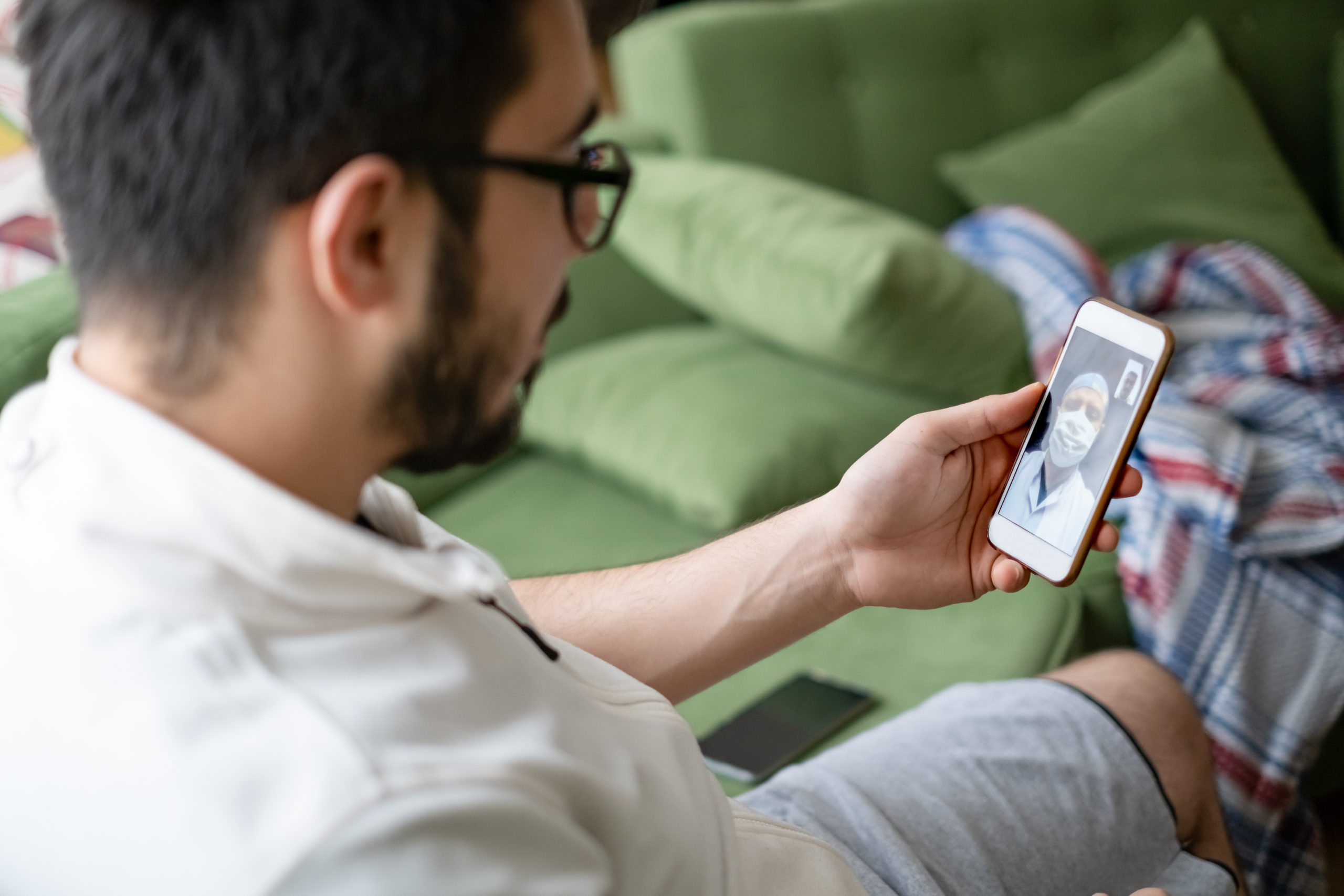Adam Lueken

We’ve talked about how becoming certified and skilled in Mohs micrographic surgery can help you treat skin cancer patients more effectively. With its convenience and success rate (as well as cost-effectiveness), this procedure has set itself apart as the gold standard in skin cancer treatment. With Mohs surgery, and as with any other treatment or procedure, patient follow up is important both for the patient experience and satisfaction. And it helps build stronger, more trusting patient relationships. It shows that you care about their ongoing well-being and gives them the opportunity to ask follow-up questions, etc. But for Mohs surgery and other surgical procedures, etc., when’s the best time to follow up with a patient afterward?
The University of Missouri School of Medicine and MU Health Care recently did a study on the best time for Mohs patient follow-up, specifically how the timing of follow up phone calls affected their outcomes and overall satisfaction.
They enrolled 400 patients in a randomized, controlled trial with four groups. The control group didn’t receive a follow-up call after surgery. The second group received a follow-up doctor call that evening after surgery. The third group walls called the day after their surgery and the fourth group was called two days after surgery. On each call, the doctors used a standard script to determine their pain, bleeding, etc. Also, all patient groups received a call seven to 10 days after surgery from researchers to evaluate their level of satisfaction. The results showed that 83% of patients who were called the evening after their surgery had active pain, compared to 67% who were called on day two and 51% who were called on day three. In addition, none of the groups better identified the highest pain levels or bleeding complications better than any other. And none of the groups evaluated showed any major differences with their patient experiences.1
What are the major takeaways here? According to the MU School of Medicine, follow up calls made the evening after surgery provide a better opportunity to help patients deal with pain, adjust their medications, etc. After every day that passes (or without a call at all), that opportunity becomes less and less. Another surprising takeaway from this study was that the patients who didn’t receive a call at all still ranked their patient experience/satisfaction level around the same as those who did get calls. This contrasts the MU School of Medicine’s previous belief that these follow-up calls directly affect patient satisfaction.1
Does this mean follow-up calls aren’t as valuable as we once thought? Let’s not go that far. Even if the study shows that in this case, the follow-up call wasn’t a major factor of these patients’ satisfaction (and keep in mind, this only one study), it does show that follow up calls do impact a doctor’s ability to assess a patient’s progress and make any necessary adjustments to follow-up treatment or medications.
Here are some additional thoughts and ideas with follow-up communication:
- Try setting a consistent, standard follow-up call time for patients, but also use your judgment on what patients will need more immediate follow-up. For example, a patient being treated for common acne probably won’t need immediate follow up compared to a patient who just had a surgical procedure.
- If a patient’s question is outside the scope of office staff knowledge, make sure you as the doctor responds as needed.
- After the visit, you can also send an email or text message with a secure feedback link, allowing patients to provide real-time input.
- Send email or text reminders regarding the patient’s next appointment.
- Create an email, newsletter or blog with health education and answers to common health questions. Include any relevant medical office information or changes.
- Have office staff contact new patients to see if they were pleased with their first appointment, answer any questions and welcome the patient to the practice.
Need additional support? We’re always a phone call or click away to help. Schedule a consultation with one of our practice management experts today!
Source:
1 Study Identifies Optimal Timing for Phone Calls After Skin Surgery (2020, August 17). Retrieved from https://medicine.missouri.edu/news/study-identifies-optimal-timing-phone-calls-after-skin-surgery.